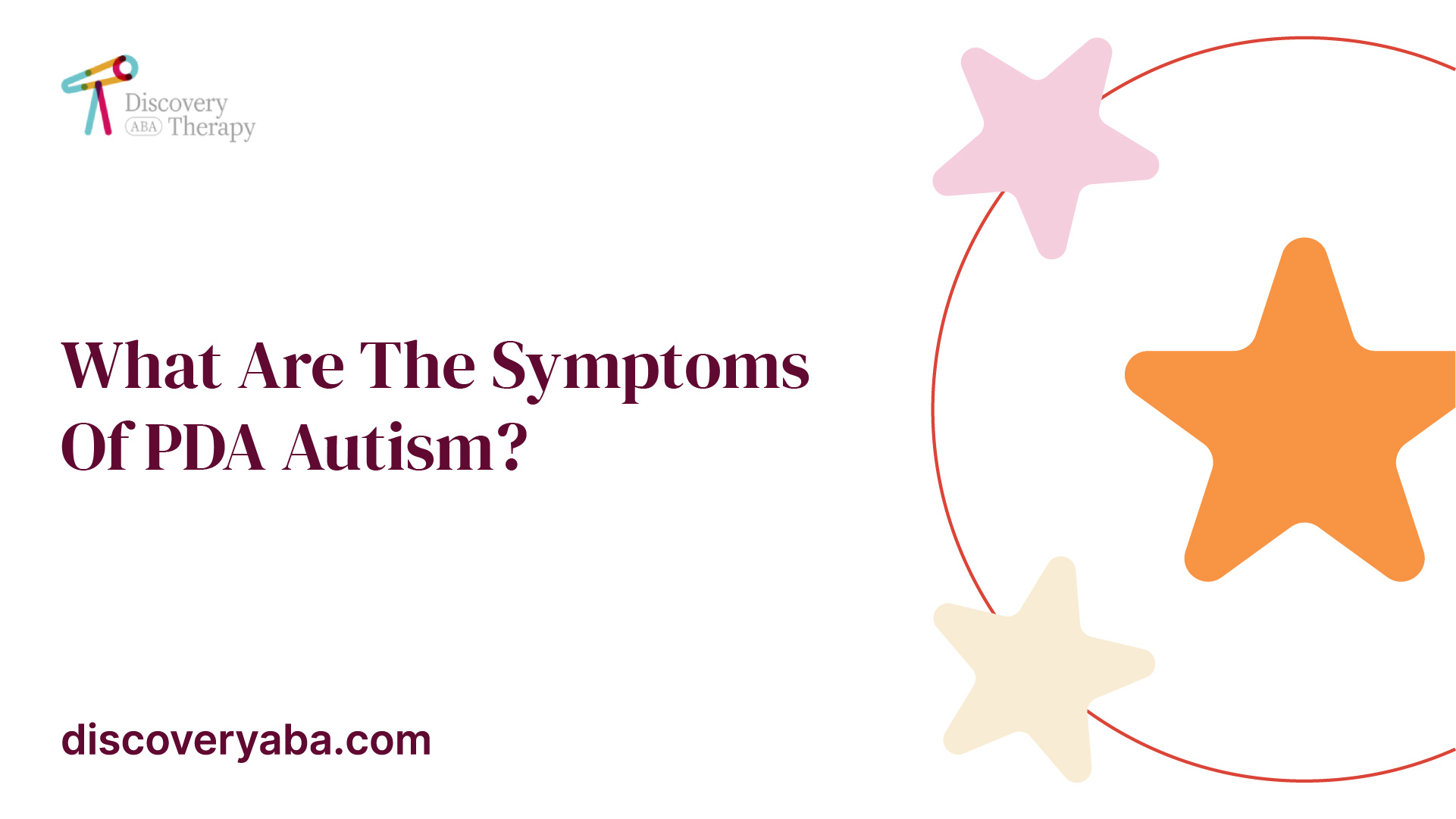Recognizing emotional signals through Autism Therapist-backed methods
Recognizing emotional signals through Autism Therapist-backed methods
Blog Article
Trick Symptoms And Signs to Acknowledge in Individuals With Behavior Autism
When you experience somebody with behavior autism, recognizing vital symptoms and signs is vital. You might notice obstacles in social interactions and interaction, along with a solid requirement for routines. Furthermore, sensory sensitivities can lead to overwhelming experiences. Recognizing these attributes can boost your assistance and interventions, yet there's even more to uncover regarding just how these actions materialize in everyday circumstances. Allow's explore what these signs actually look like.
Challenges in Social Interactions
When you engage with somebody on the autism spectrum, you might discover they have a hard time with social cues and interaction. These challenges can make social communications really feel frustrating for them. You may see them staying clear of eye get in touch with or standing as well close or also far throughout discussions, which can produce misunderstandings. They might not pick up on body movement or facial expressions, making it harder for them to determine just how others are feeling.
In addition, you may find that they favor regimens and familiar settings, which can limit their readiness to take part in new social circumstances. They may talk concerning their interests in excellent information without observing if you're interested when they do engage. This can bring about prejudiced discussions that leave you really feeling separated. Recognizing these obstacles can help you approach communications with empathy and perseverance, promoting a more comfortable atmosphere for both of you.
Trouble With Verbal and Non-Verbal Interaction

Non-verbal interaction can be even more tough. You may see an absence of eye get in touch with or limited use of gestures, which can make interactions really feel unpleasant. Faces may not always align with the conversation, leading to confusion concerning their sensations. Identifying these indicators is important, as it assists you far better assistance and involve with individuals on the autism range. By understanding their communication challenges, you can promote much more significant links and provide a more encouraging environment.
Recurring Behaviors and Routines
Communication difficulties commonly go along with various other indications of autism, such as repetitive behaviors and a strong choice for regimens. You may notice that individuals with autism commonly participate in details, repeated actions, like hand-flapping, shaking, or repeating phrases. These behaviors can give convenience and a sense of control in a typically overwhelming world.
Routines are similarly vital; lots of people thrive when they adhere to an organized timetable. You might discover that changes to these routines can cause considerable distress. For example, if they have a day-to-day routine of eating breakfast at a specific time or following a certain route to college, any type of disruption can trigger anxiousness.
Recognizing these patterns aids you comprehend their actions and provide assistance. By accommodating their requirement for regular and enabling repetitive activities, you can create a much more comfy setting that relieves their obstacles.
Sensory Sensitivities

Usual Sensory Triggers
Sensory level of sensitivities can significantly impact every day life for people with autism, as certain stimuli often set off overwhelming responses. Common sensory triggers include loud noises, brilliant lights, and strong smells. You might discover that abrupt sounds, like sirens or alarms, cause anxiety or distress. Likewise, fluorescent lighting in shops can really feel extreme and uneasy. Appearances can likewise play a substantial role; harsh fabrics or particular food textures might be intolerable for you. In addition, crowded places can bewilder your detects, making it hard to concentrate or unwind. Recognizing these triggers can help you handle your environment better. By understanding what impacts you, you can take actions to decrease pain and improve your daily experiences.
Behavior Feedbacks Clarified
Understanding your behavior responses to sensory level of sensitivities is vital, as they frequently reveal exactly how you engage with the globe. You may see that particular noises, lights, or appearances overwhelm you, bring about anxiety or pain. When confronted with these stimuli, you may withdraw, cover your ears, or even respond boldy. These reactions aren't just traits; they're your method of managing overstimulation. You might additionally discover yourself looking for details sensory experiences, like deep stress or quiet atmospheres, to help ground yourself. Recognizing these patterns aids you comprehend your demands much better and can guide how you connect them to others. By recognizing your sensory level of sensitivities, you can function towards developing an environment that feels more manageable and comfy for you.
Coping Strategies Summary
Acknowledging your sensory sensitivities is simply the initial step; currently it's time to explore coping techniques that can aid you manage those experiences efficiently. Begin by developing a sensory toolkit tailored to your needs. This could include noise-canceling earphones, fidget toys, or relaxing aromas. Developing a structured regimen can likewise supply predictability, lowering anxiety around sensory overload. When you really feel overwhelmed, take breaks in a peaceful room to regroup. Exercising mindfulness methods like deep breathing can assist ground you in the moment. Furthermore, connect your demands with those around you; having helpful family and friends can make a big distinction. Keep in mind, locating what works finest for you may require time, so be patient and open to attempting brand-new techniques.
Restricted Interests and Emphasis
While numerous people establish a vast array of interests, those with autism often demonstrate restricted rate of interests and an extreme concentrate on particular subjects. You could observe that a person with autism can invest hours delving into their favored topic, whether it's a particular kind of train, a certain film, or a clinical principle. This extreme focus isn't just a leisure activity; it can come to be a central part of their identity and social communications.
You may locate that conversations rotate around these passions, and they might struggle to participate in more comprehensive subjects. For them, these focused rate of interests offer convenience and a feeling of mastery. While it's vital to encourage expedition of brand-new subjects, appreciating their enthusiasms is equally important. By comprehending and acknowledging these limited passions, you can promote a supportive environment where they feel valued and recognized, enabling for more purposeful connections and communications.
Emotional Law Problems
People with autism typically deal with obstacles in psychological law, which can be affected by their intense concentrate on specific interests. You might notice that when an individual is deeply taken part in a recommended activity, they can experience strong emotions, whether enjoyment or stress. This intensity in some cases makes it tough for them to move gears or manage article source their sensations when points don't go as planned.

Variability in Developmental Landmarks
When it comes to developing landmarks, you'll observe that individuals with autism typically show a large range of irregularity. Some may hit turning points on time, while others might hang back or progress at a different rate. For example, you could see a child master language skills but battle with social interactions. This disparity can be complex, as conventional benchmarks don't constantly use.
It's important to identify that each individual's trip is special. Some may establish intricate abilities early, just to face obstacles later on. Others might take longer to attain basic milestones but then grow in certain locations. Observing these patterns can help you understand their strengths and needs better.
Frequently Asked Questions
How Is Autism Diagnosed in Children and Grownups?
To diagnose autism in kids and adults, experts review behavior, interaction abilities, and social interactions. If a specific satisfies the standards for autism range problem., they typically make use of standardized examinations, meetings, and monitorings to figure out.
Are There Various Kinds of Autism Range Disorders?
Yes, there are different types of autism spectrum problems, including Asperger's disorder and pervasive developing disorder-not otherwise defined. Each type varies in seriousness and qualities, so comprehending these differences can assist you far better assistance people with autism.
What Treatments Are Effective for People With Autism?
When considering effective therapies for individuals with autism, you'll discover alternatives like Applied Habits Evaluation, speech therapy, and work-related treatment. Each approach can aid enhance communication, social abilities, and day-to-day working tailored to specific demands.
Can Individuals With Autism Lead Independent Lives?
Yes, individuals with autism can lead independent lives. With the ideal assistance, skills training, and sources, you can assist them develop self-sufficiency, take care of daily tasks, and prosper in various settings, cultivating their freedom.
Just How Can Families Assistance Liked Ones With Autism?
You can support your enjoyed ones with autism by producing a structured setting, urging their weblink interests, exercising patience, cultivating interaction, and promoting social skills. Celebrate their success, despite just how small, and build a supportive neighborhood.
Although many individuals on the autism range can make use of and understand language, they usually deal with substantial challenges with both non-verbal and spoken interaction. Recognizing these signs is important, as it helps you much better assistance and involve with individuals on the autism range. You might notice that people with autism usually involve in specific, repeated actions, like hand-flapping, rocking, or repeating phrases.Sensory sensitivities can substantially influence daily life for individuals with look what i found autism, as certain stimulations often trigger frustrating responses.When it comes to developing landmarks, you'll observe that people with autism frequently show a wide variety of variability.
Report this page